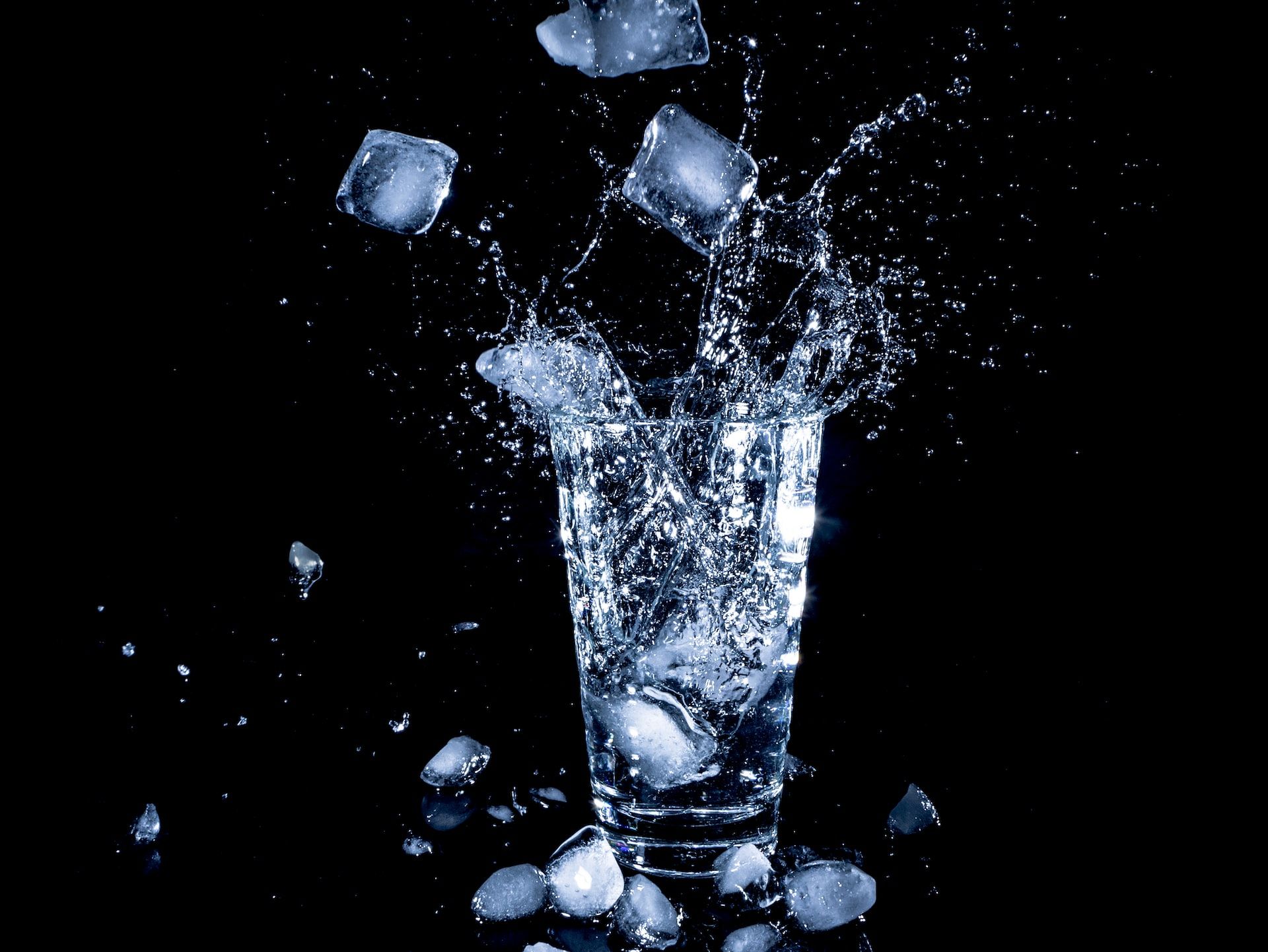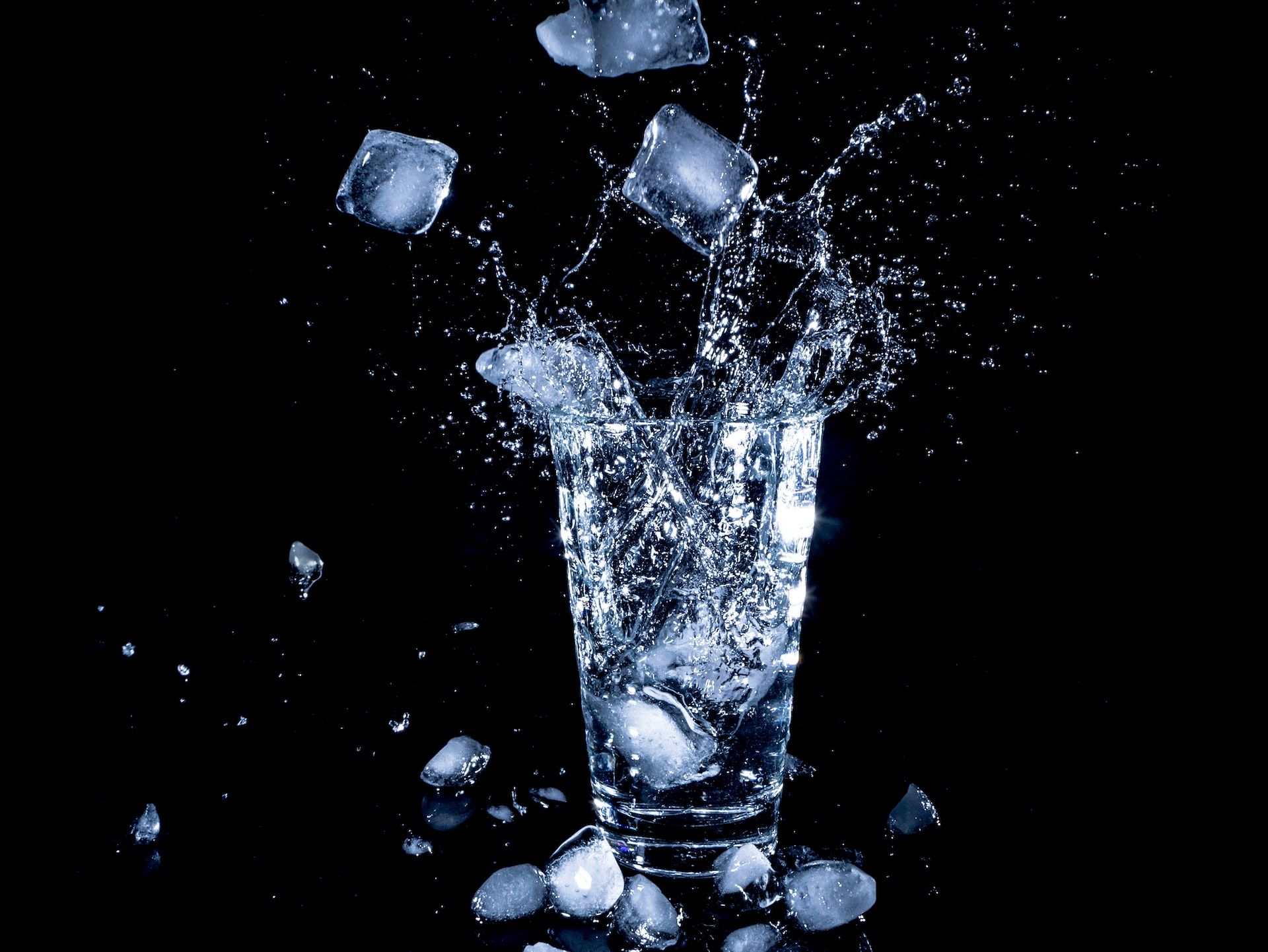
Lack of thirst is not an indicator that you're properly hydrated. Dehydration occurs when your body doesn't have enough fluid to properly function. It's possible to get dehydrated in the wintertime just as easily as you can when it's hot outside. You also tend to sweat less in the wintertime, but your body loses moisture through respirations, perspiration, urination and other body functions regardless of temperature. Other factors, such as activity level, your age, your diet and your overall health can affect how rapidly you lose fluid.
The average adult needs roughly 100 ounces of water per day, dependent on age, activity, and health status. It is always a good idea to check in with your doctor if you have concerns about your hydration.
Here are a few tips to help you stay hydrated:
1. Drink water, keep a water bottle with you
2. Don't rely on thirst as an indicator-make a point to drink a certain amount regardless
3. Eat your fruits and veggies, they contain a lot of water and they can also help to keep you nice and hydrated
4. Check your urine color, there are many charts that explain color relative to hydration, google it!
5. Avoid alcohol and caffeine as they. can cause dehydration
6. If it's cold and cold water doesn't appeal to you, drink decaf or herbal tea to help hydrate
The average adult needs roughly 100 ounces of water per day, dependent on age, activity, and health status. It is always a good idea to check in with your doctor if you have concerns about your hydration.
Here are a few tips to help you stay hydrated:
1. Drink water, keep a water bottle with you
2. Don't rely on thirst as an indicator-make a point to drink a certain amount regardless
3. Eat your fruits and veggies, they contain a lot of water and they can also help to keep you nice and hydrated
4. Check your urine color, there are many charts that explain color relative to hydration, google it!
5. Avoid alcohol and caffeine as they. can cause dehydration
6. If it's cold and cold water doesn't appeal to you, drink decaf or herbal tea to help hydrate
Also be able to recognize the signs of dehydration.
Headache is one of the first indicators of dehydration, along with fatigue, dizziness, dry eyes/mouth, dark urine and confusion.
Remember, you can just as easily become dehydrated in the winter, so keep up with it!



